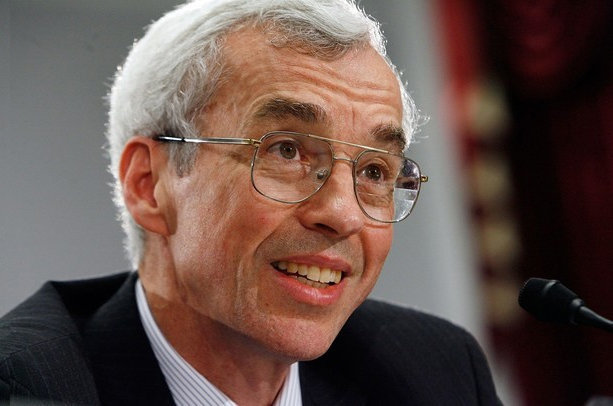TEHRAN – Professor Paul Pillar, who was CIA intelligence analyst for 28 years, tells that the Europeans still want to save the JCPOA.
Pillar says “Doing so will require the Europeans to facilitate enough commerce with Iran for Iranian leaders to conclude that their country is receiving enough economic benefit to make continued observance of the nuclear limits justifiable.”
He also adds that “The prospects for this happening are not good.”
He also adds that “The prospects for this happening are not good.”
Following is the text of the interview:
Q: Iran has announced that it will implement a third step to reduce its obligations under the JCPOA. Will Europe takes effective and convincing action to prevent this?
A: The challenge for Europe has not changed since the Trump administration reneged on U.S. obligations under the JCPOA and, a year later, Iran began exceeding some of the limits of the agreement. The Europeans still want to save the JCPOA. Doing so will require the Europeans to facilitate enough commerce with Iran for Iranian leaders to conclude that their country is receiving enough economic benefit to make continued observance of the nuclear limits justifiable. The prospects for this happening are not good. The European governments mostly have the will but not the ability to make it happen. The governments do not control the private sector, and most European businesses that are big enough to matter fear being shut out of the U.S. market if they do business with Iran.
Q: What would be the possible reaction of Russia and China to reducing Iran's commitments under JCPOA?
A: Russia and China also want to preserve the JCPOA. If Iran continues to exceed more of the nuclear limits, Russia and China will not impose additional sanctions of their own. They regard the Trump administration's imposition of new U.S. sanctions as the obvious cause of the agreement breaking down. Russia and China will seek to exploit the absence of Iranian dealings with the United States and any new conflict in Iranian-European relations by developing their own relations with Iran, which they see in their own economic interests. Russian President Putin also has a strategic interest in maintaining reasonably good relations with all countries in the Middle East, including Iran. China possibly could be deterred from making major new commercial deals with Iran by not wanting to complicate its trade negotiations with the United States. But right now those negotiations do not seem to being going anywhere, and so Beijing probably believes it has nothing to lose by doing business with Iran.
Q: In your opinion, will the third phase of reducing Iran's commitments in the JCPOA be dangerous? Will Iran's case go to the United Nations Security Council after third step of reducing its commitments?
A: There is nothing distinctive about the third step that is different from the first couple of steps. Iran still is limiting itself to steps that are easily reversible, and keep it a long way from any capability to build a nuclear weapon. The JCPOA specifies procedures for any referral to the UN Security Council. The Trump administration would favor such a referral, but it no longer is a participant in the JCPOA and thus does not have the standing to initiate such action. A relevant question is whether the new British government of Boris Johnson, weakened by the Brexit mess and more dependent than ever on the United States, will start adopting the Trump administration's policy line on Iran.
Q: Can the United States impose new sanctions on Iran after the third step in reducing Iran's commitments under JCPOA?
A: The Trump administration already has imposed nearly every sanction it has the power to impose on Iran. It can always find something else that it can describe as a further step in its "maximum pressure" campaign, but the practical difference from what exists right now will be minimal.


No comments:
Post a Comment